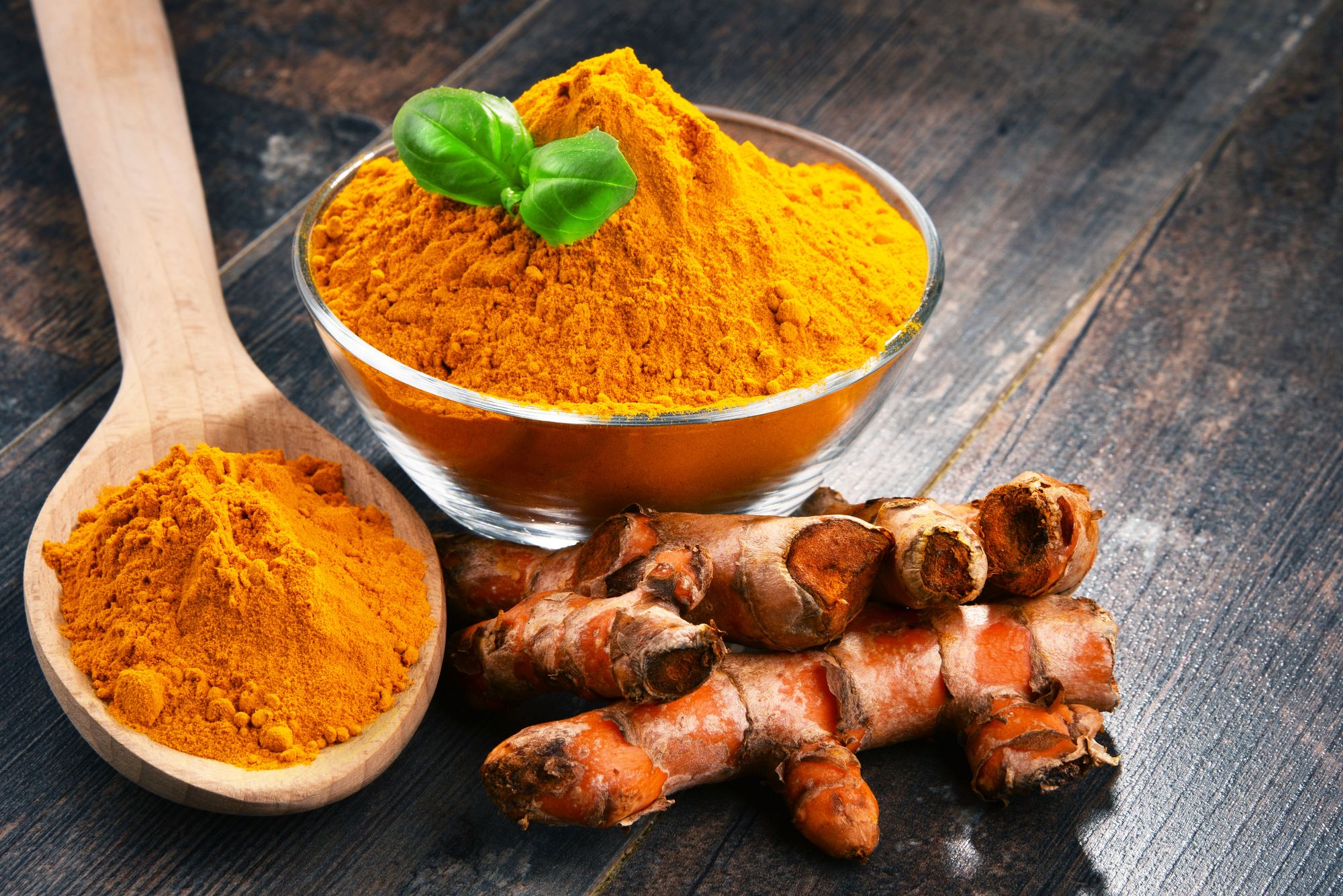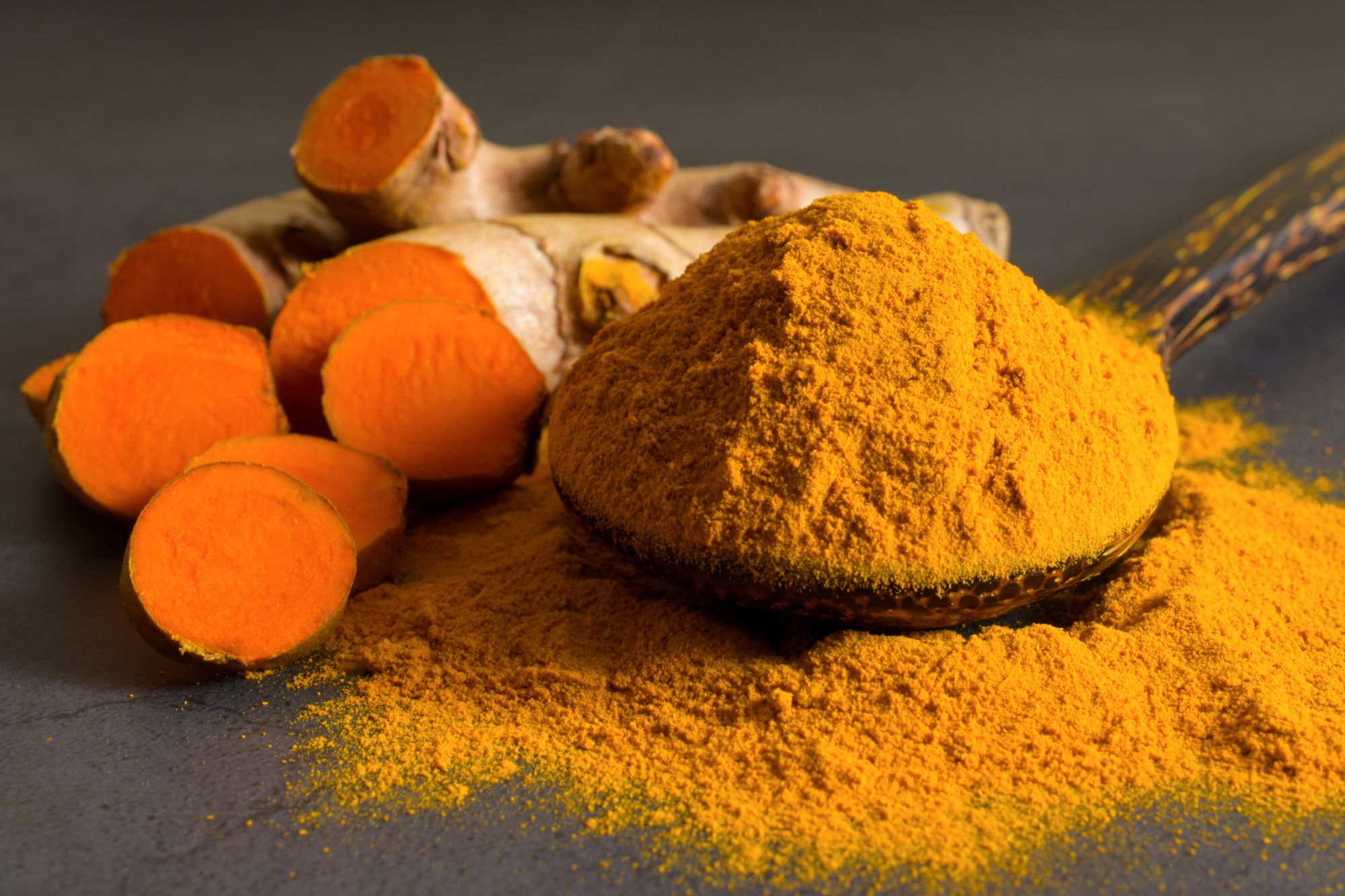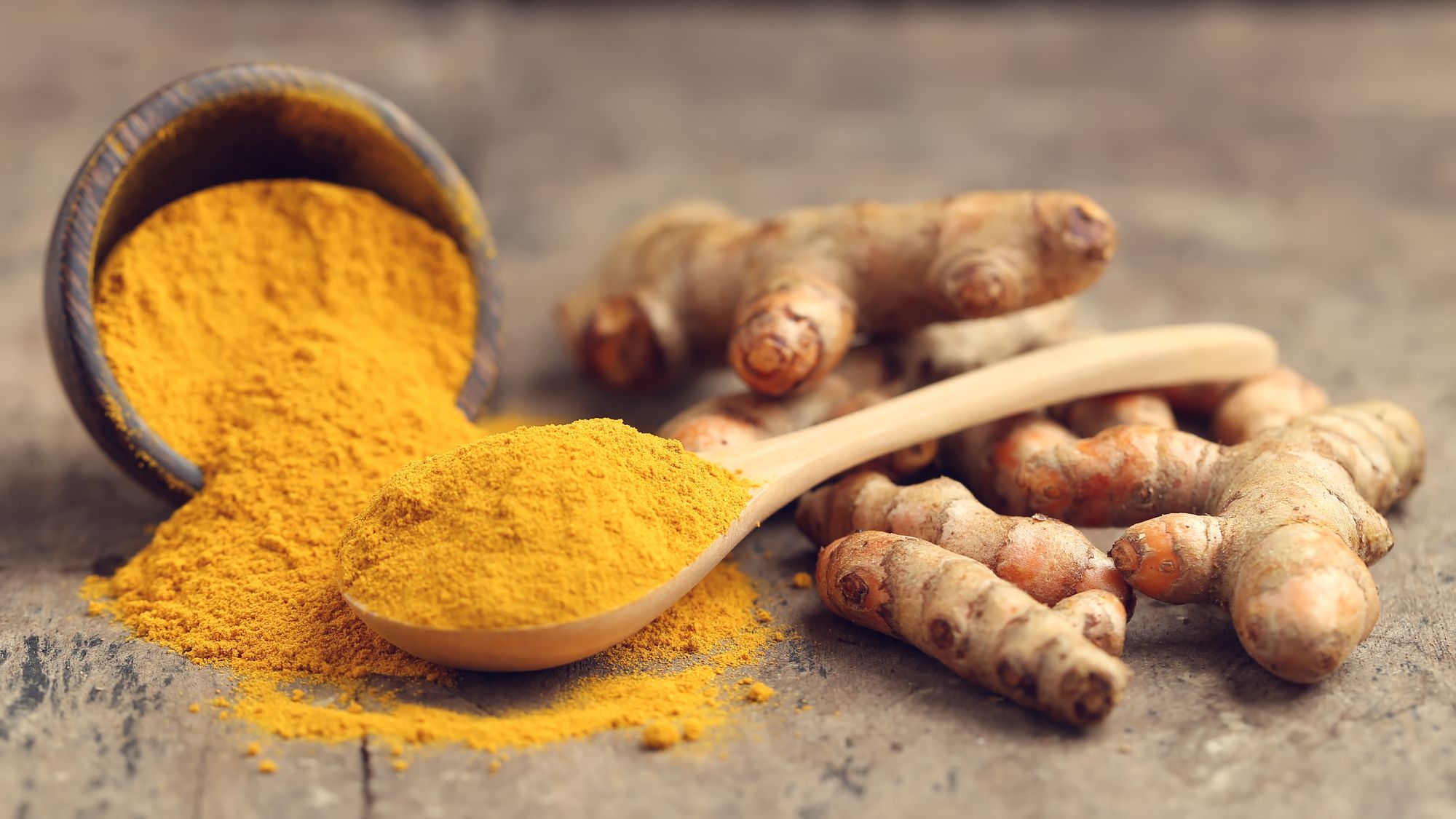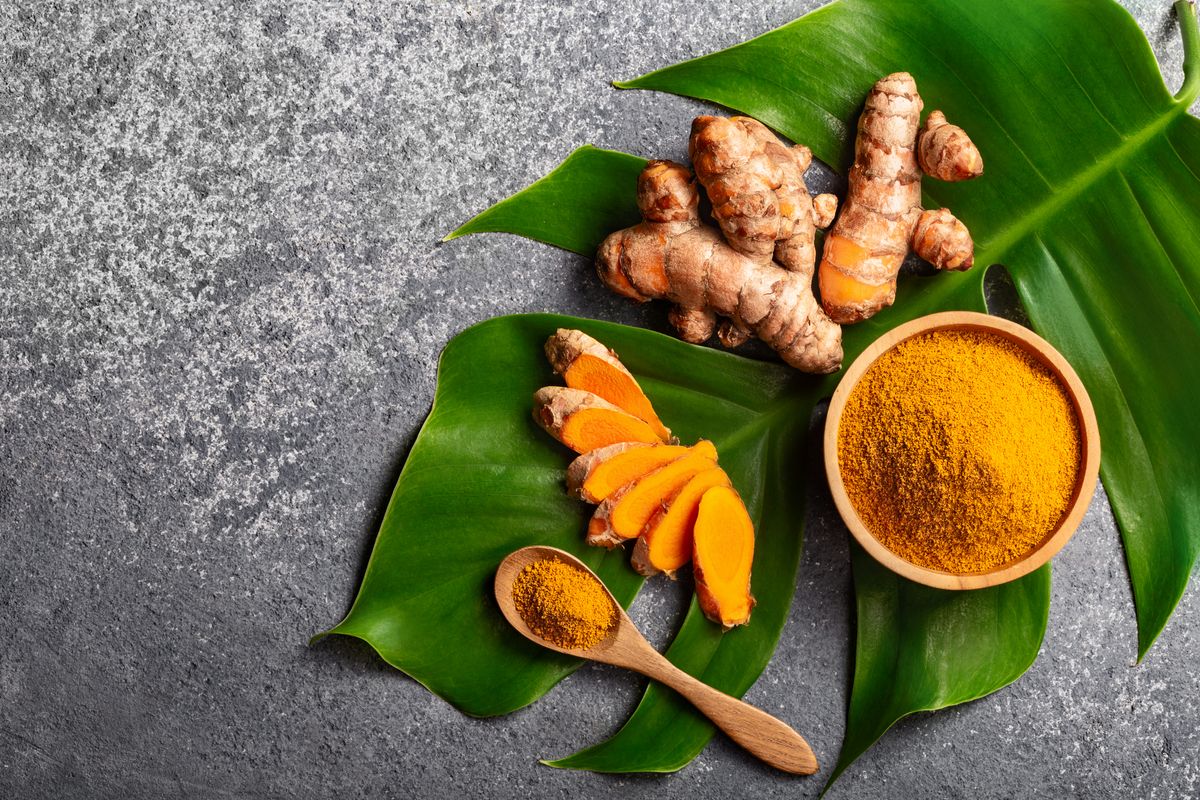Food is not just a source of pleasure, but it can also act as medicine, providing essential vitamins, minerals, antioxidants, and nutrients that offer health benefits. Spices, fruits, vegetables, legumes, nuts, seeds, and meat products each offer their unique set of nutrients that can boost health when consumed. One such ingredient that attracts a lot of attention for its potential health benefits is the naturally yellow spice used as the main flavor ingredient in curry-style dishes - turmeric.
Turmeric is widely used to add flavor to meals and drinks or taken in capsule form as a supplement. However, what do research studies reveal about the benefits of turmeric, and are there any downsides to incorporating this ingredient into your daily routine?
What is Turmeric?

Turmeric, a plant belonging to the same family as ginger, resembles ginger root in appearance. Historically, it has been used as an Ayurvedic medicine in India and China to address respiratory and joint issues, according to the National Center for Complimentary and Integrative Health. Nowadays, many people use turmeric supplements to manage inflammatory conditions.
However, turmeric is not just limited to supplements. The yellow powder found in grocery stores, commonly used as a spice in curries, is derived from the root. The active ingredient in turmeric responsible for its anti-inflammatory properties is curcumin, a naturally occurring chemical that gives the powder its distinctive yellow color.
Curcumin is often the subject of research on the health benefits of turmeric. So, what are some of the benefits associated with this yellow spice?
Discovering the Potential Health Benefits of Turmeric

1) Exploring the Potential Antioxidant Properties of Turmeric
Oxidative stress damage occurs when the body has too many free radicals - unstable atoms that can cause faster aging and chronic diseases. When there are insufficient antioxidants in the body to combat free radicals, oxidative damage can occur. Foods high in antioxidants, such as berries, vegetables, nuts, seeds, and some fish products, are often praised for their ability to fight free radicals.
Turmeric is a spice that is also a source of antioxidants. According to a report published in The Molecular Targets and Therapeutic Uses of Curcumin in Health and Disease, curcumin, the active component in turmeric, has antioxidant properties. Curcumin has been shown to help combat free radicals in the body and may contribute to protection against diseases like neurodegenerative diseases, atherosclerosis, and some cancers.
2) Possible Alleviation of Arthritis Pain with Turmeric
Knee osteoarthritis is a common and painful joint disorder often associated with aging. Nonsteroidal anti-inflammatory drugs (NSAIDs) like diclofenac are often used as a first-line treatment. However, a small study published in the journal Trials suggests that curcumin, the active component in turmeric, may be a potential alternative treatment.
The study involved 139 patients with knee osteoarthritis who were randomly assigned to receive either 500 milligrams of curcumin three times a day or a 50-milligram diclofenac tablet twice daily for 28 days. At days 14 and 28, patients receiving the turmeric reported a 50% improvement in pain, which was comparable to the pain relief noted by those taking the prescription drug. Additionally, the researchers noted that those taking curcumin lost an average of 2% of their body weight within four weeks, which was a surprising finding.
3) Can Turmeric Help With Weight Loss?
There is some evidence to suggest that curcumin, a compound found in turmeric, may be beneficial for weight loss and reducing belly fat. Although more research is needed, animal studies have shown promising results, and some small human studies indicate that taking bioavailable forms of curcumin supplements may have a positive impact on body composition. For example, a 2015 study involving overweight individuals who had difficulty losing weight on a 30-day diet and lifestyle change program found that taking 800 milligrams of curcumin supplements for 30 days resulted in significant reductions in weight, body fat, and hip and waist circumference.
4) Turmeric May Have Potential Benefits in Reducing the Risk of Diabetes
A study published in Diabetes Care in 2012 tested the effects of curcumin supplementation on a group of 240 people with prediabetes. The participants were randomly assigned to take either curcumin capsules or placebo capsules for a period of nine months. The results showed that over 16% of people in the placebo group developed type 2 diabetes, while none of the people in the curcumin-treated group developed the condition. Researchers believe that curcumin may improve the function of insulin-producing β-cells in the pancreas, which are important in preventing diabetes.
5) Turmeric May Enhance Cognitive Function
Curcumin, a compound found in turmeric, has been shown to have anti-inflammatory properties and can suppress inflammation. A study published in Advances in Nutrition in 2018 suggests that supplementing the diet with curcumin could prevent cognitive decline by counteracting chronic inflammatory processes.
Curcumin may also protect the brain from toxins like aluminum. Aluminum is known to impair memory and spatial learning and can enter the body through various means. In a study published in Biomed Research International, researchers injected aluminum chloride into mice and gave them oral doses of turmeric extract and a turmeric extract essential oil. The turmeric seemed to reverse the cognitive symptoms caused by the aluminum and protect brain cells in the hippocampus from damage.
Potential Drawbacks of Consuming Turmeric

Turmeric is a spice that has gained popularity in recent years for its potential health benefits. However, as with any supplement or food, there are some things to be aware of before adding it to your routine.
Liver damage is an extremely rare but potential side effect of consuming turmeric. One study found 16 cases of liver injuries related to turmeric over a 10-year period, with one death and five hospitalizations. If you have any concerns or liver-related issues, it's recommended to speak with a doctor before adding more turmeric to your diet.
Another issue to be aware of is that not all turmeric powder is pure. Adulteration is a common practice where powdered spices are mixed with cheaper flours or ingredients like lead, putting consumers at risk of ingesting unwanted substances.
While turmeric has many potential benefits, some research suggests that a rare side effect of consuming large amounts is digestive problems such as diarrhea or bloating.
To incorporate turmeric into your diet, try adding it to curry dishes or making a golden milk latte. Combining turmeric with black pepper can increase its bioavailability by 2,000%, making it more effective.

